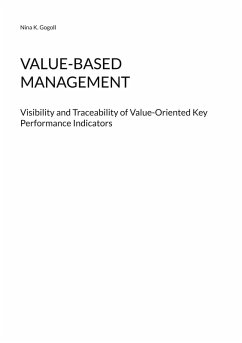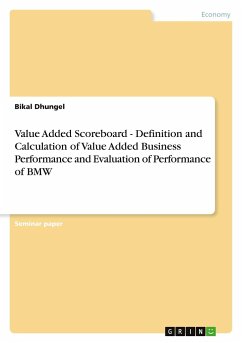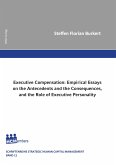The value orientation of entire corporates can be determined through different valuation methods. However, the value orientation of corporate segments remains missed, mostly due to its complexity and incorrect applications. The International Financial Reporting Standards provide orientation, but with high individuality of corporates in different sectors that leads to a reduction in the reporting usefulness. Thereby, the visibility and traceability of the corporate value are essential for all shareholders and stakeholders. This dissertation approaches the quality of visibility and traceability of corporates values. After elaborating on the meaning of value-based management, the dissertation follows the research for the actual quality of the visibility and traceability of corporates¿ segment information to recognize the shareholder value according to corporates own information, developing a way to make value orientation on segment level pragmatical and preparing for comparison with other segments as well as illustrating the actual presentation of the shareholder value for the shareholders. A selection of key performance indicators, the value spread, value added, corporate value added, and return on assets, are applied to 30 global stock-listed corporates and their business segments. The contribution of this scholarly work is a reasonably derived value-oriented valuation of corporates and their segments based on existing data and hence provides reporting usefulness. This way reporting can be used to leading-, controlling- or at least communicating-instrument - internally and externally of a corporation and a sooner convergence of the external and internal views can be attained (over time). The research findings gained serve a pragmatic application of value orientation for corporates and their segments as well as for further scholarly work, for instance, to compare segment results of corporates and apply to (non-) stock-listed corporates.
Bitte wählen Sie Ihr Anliegen aus.
Rechnungen
Retourenschein anfordern
Bestellstatus
Storno








